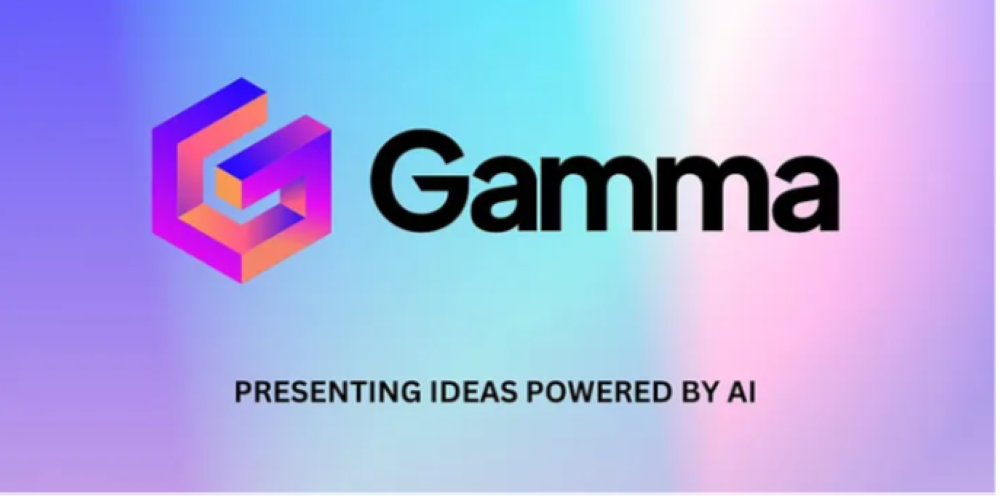Gamma, a PowerPoint for the AI Era, raises $68 million

As an investment banker and consultant, Grant Lee spent years toiling on PowerPoint presentations. They are “the language of business,” he said, but require too much time “moving pixels” around instead of focusing on substance.
So in 2020 Lee and two other entrepreneurs set out to build what became Gamma, a company that employs artificial intelligence to let users quickly turn text into sleek presentations, social media posts, websites and more.
That approach has led to a multibillion-dollar business: Gamma announced Monday that it has raised $68 million in new financing, at a $2.1 billion valuation. The funding round was led by Andreessen Horowitz, the big venture capital firm.
Gamma is yet another example of investors’ enormous appetite for AI. The field now accounts for nearly two-thirds of all venture deals in the United States, according to data from the research firm PitchBook. At the same time, AI startups’ valuations have ballooned.
Gamma had last raised money in February 2024. Since then, it has amassed about 70 million customers — more than 600,000 of whom pay a subscription. It collects about $100 million in annual revenue.
Gamma has also become an example of how some AI-focused companies have upended the traditional startup script of frenzied waves of hiring and years of red ink on its ledgers. The company has been profitable since 2023 and employs just 52 full-time employees, up from 28 earlier this year.
Sarah Wang, the Andreessen Horowitz partner who led the deal, said she was a Gamma power user who had sought to participate in the company’s previous investment rounds. “It blew my mind that it could, through a prompt, build what I was thinking but even better,” she said in an interview.
After “manically” tracking Gamma, Wang was able to get Andreessen Horowitz to make up a majority of the new fundraising effort.
The business is so efficient, Lee said in an interview, that Gamma still has not spent any of the $12 million it raised in its last round — choosing to hold that capital for the right strategic opportunity.
“We’ve built Gamma to be self-sustaining and not dependent on outside capital,” he said. “We wanted the flexibility to make strategic investments” if the right opportunities came up.
This time around, Lee said, Gamma will use proceeds from the fundraising to continue building out offerings for corporate users. (It recently introduced a business account that costs $480 annually per person.)
Beyond the corporate offerings, Lee said, Gamma will also use its new funding to hire more AI engineers, whose salaries are increasingly expensive, and invest more in its international business.
Lee said that Gamma intended to take on more fully the giants of workplace presentations, PowerPoint and Google Slides, which together have about 1.5 billion users, according to the workplace management platform Patronum.
But Microsoft and Google are continuing to invest billions in AI to improve their product offerings. And upstarts including Beautiful.ai and Canva offer products that are similar to Gamma’s.
Lee suggested that Gamma might also seek to buy weaker rivals. “Some of these teams may not find product-market fit,” he said.
This article originally appeared in The New York Times.



